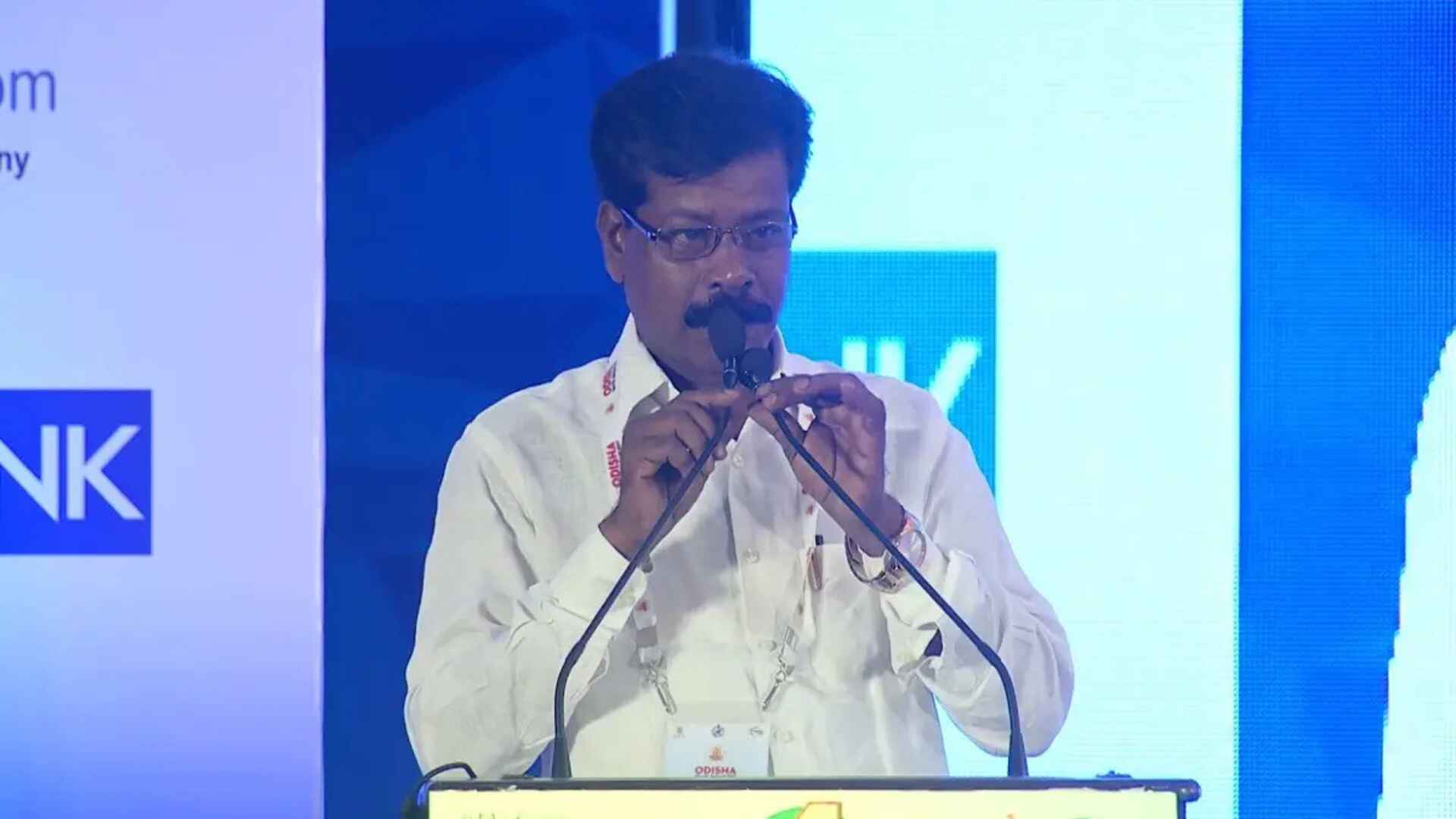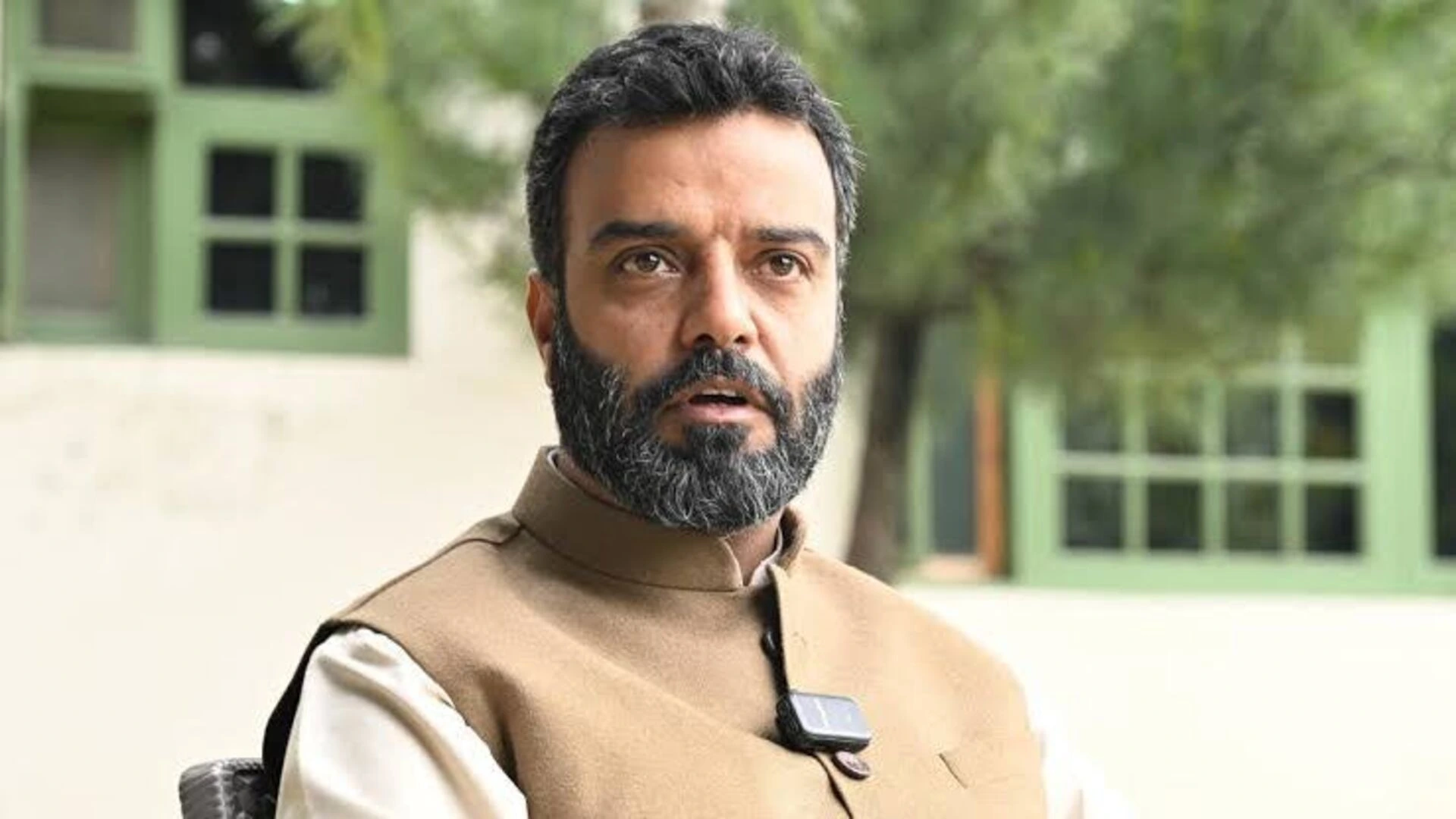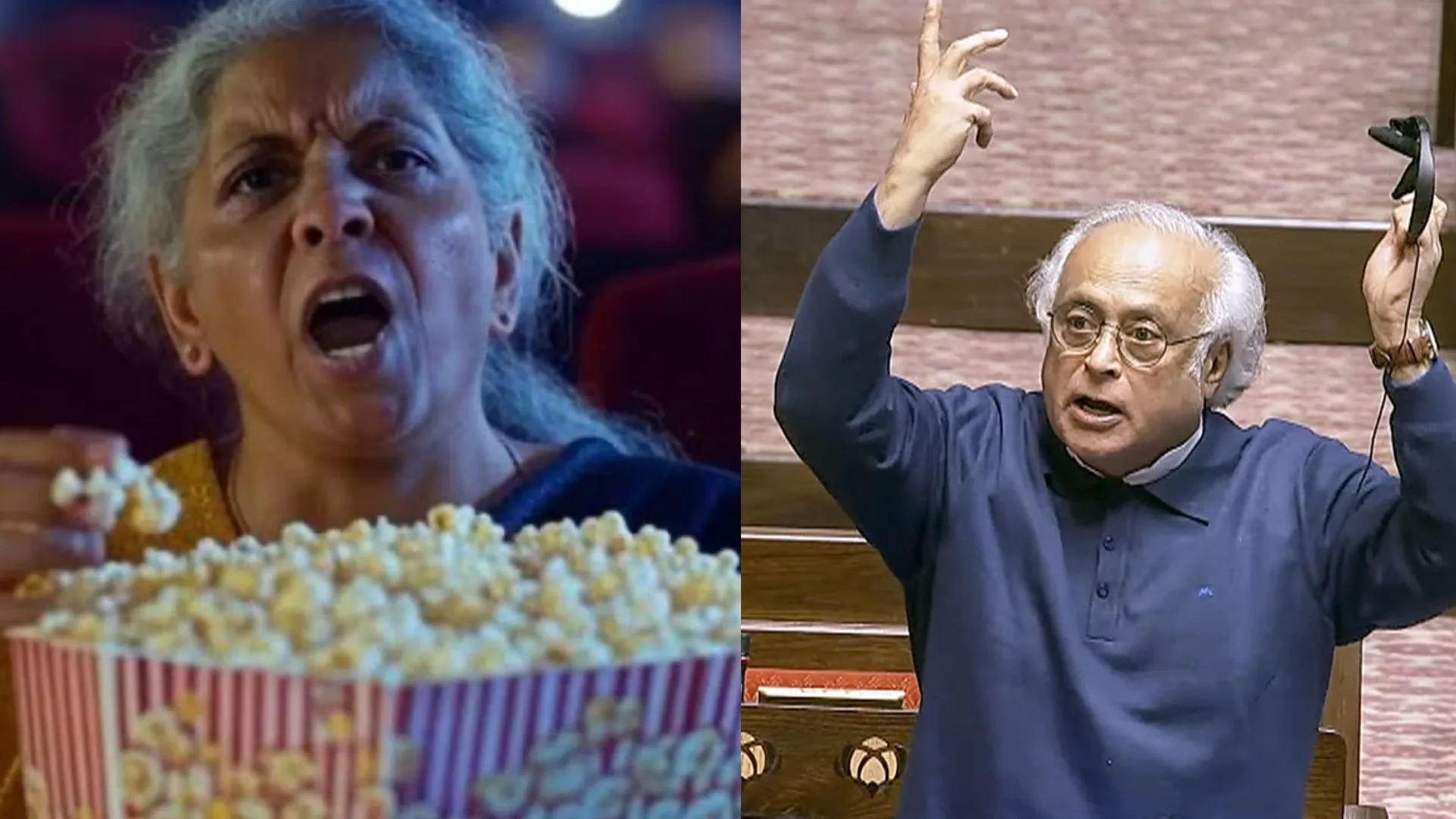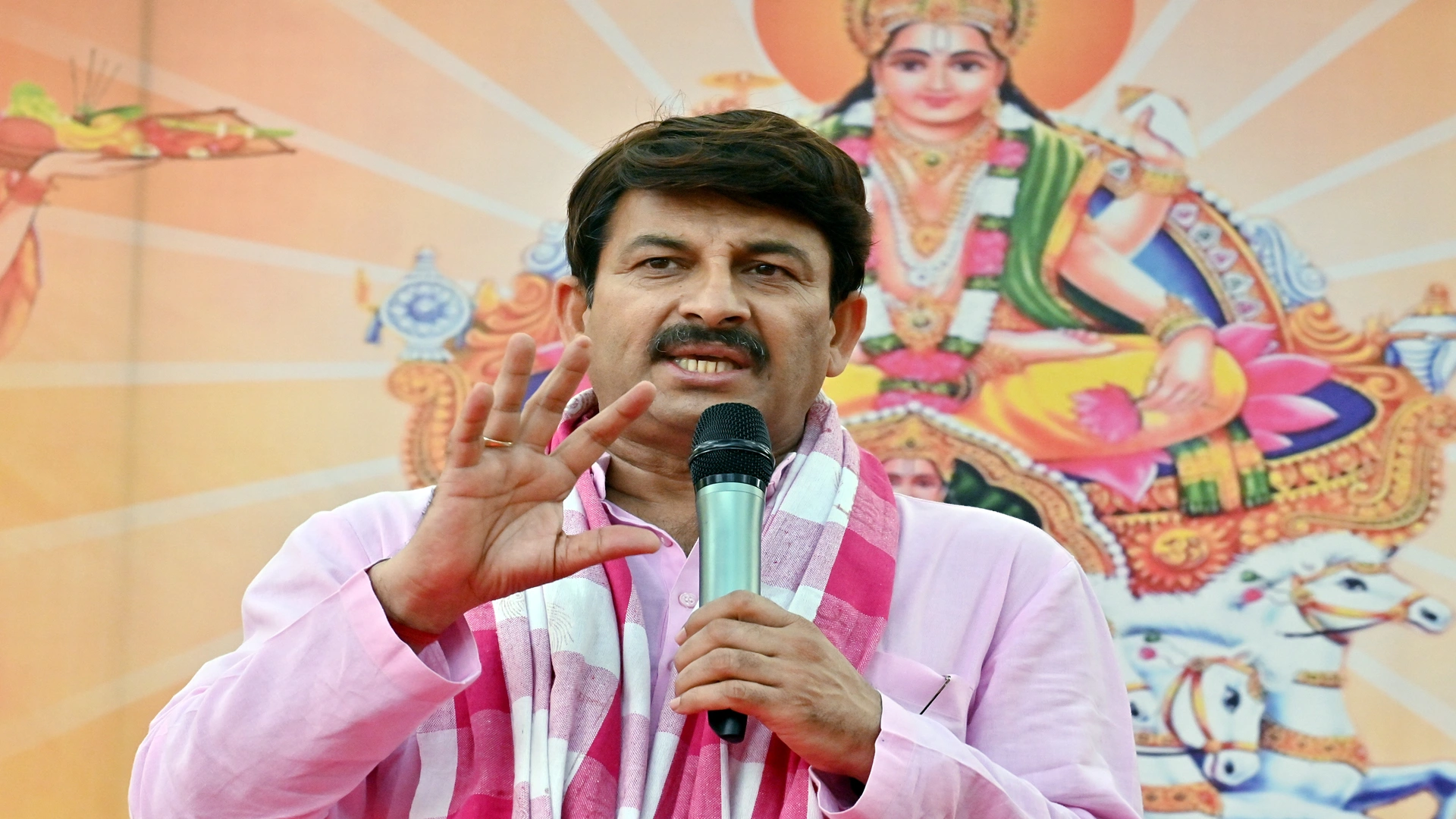After causing a stir in Parliament with her handbag featuring the word “Palestine,” Congress leader Priyanka Gandhi Vadra has once again made headlines. This time, she arrived with a new bag carrying a slogan urging support for the oppressed minorities in Bangladesh. The bag read, “Stand with Bangladeshi Hindus and Christians,” referencing the recent attacks on religious minorities in Bangladesh, particularly after the political upheaval earlier this year.
A Continued Statement of Support for Minorities
Priyanka Gandhi’s bold accessory choice sparked not just conversation but also inspired other Opposition MPs to follow suit and carry similar bags in protest. During her address in the Lok Sabha, she raised her concerns over the treatment of Hindus and Christians in Bangladesh, urging the Indian government to intervene diplomatically.
She stated, “The government should raise the issue of atrocities on minorities, both Hindus and Christians, in Bangladesh. We should discuss this with the Bangladesh government and support those who are in pain.”
Reactions to Priyanka’s Political Bags
The handbag debate began a day earlier, when Priyanka Gandhi’s “Palestine” bag, which also featured a watermelon symbol—a common gesture of solidarity with Palestinians—was criticised by the ruling BJP. The bag, seen as a political statement, triggered sharp reactions, with BJP leaders accusing her of prioritising foreign concerns over domestic issues.
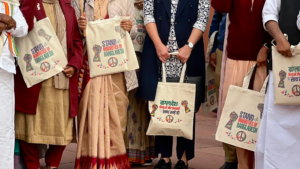
BJP MP Thakur criticised her, questioning why she was silent on the issue of Bangladeshi Hindus, and highlighting that MPs are elected to raise the concerns of Indian citizens. BJP’s Amit Malviya accused Priyanka Gandhi of “communal virtue signalling” through her accessories.
Priyanka Responds to Critics
Priyanka Gandhi responded strongly to her critics, dismissing accusations of communal posturing and questioning who would decide what she wears. She emphasised, “I will wear what I want. If you want to do something about the atrocities on Hindus in Bangladesh, talk to the Bangladesh government and not say stupid things.”
The 1971 Bangladesh Liberation War: A Historical Context
Drawing a historical parallel, Priyanka Gandhi recalled India’s intervention during the 1971 Bangladesh Liberation War, led by her grandmother, Indira Gandhi. She spoke about the principles that guided India’s involvement in that conflict, stressing the fight for democracy and against atrocities. “Indira ji did, our army did, and our people stood up,” she said, drawing attention to India’s pivotal role in Bangladesh’s independence.
India’s Stance on Palestine and Bangladesh
India has consistently advocated for a two-state solution regarding Palestine, calling for an independent Palestinian state alongside Israel. India’s External Affairs Minister S. Jaishankar reaffirmed this stance in Parliament, while the country has also extended humanitarian aid to Palestine amidst the ongoing Israel-Hamas conflict.
Meanwhile, India shares close ties with Bangladesh, but the reported attacks on minorities following political instability have raised alarms. Priyanka Gandhi’s call for action aims to bring attention to these issues, highlighting the need for India to stand firm in supporting minority rights globally.
Political Symbolism and Diplomatic Calls for Action
Priyanka Gandhi’s handbag controversy has sparked a larger discussion on the role of India in international diplomacy, particularly regarding minority rights. While the bags may symbolise political stances, they also highlight the urgent need for international dialogue and support for vulnerable communities. As the debate continues, her actions have underscored the intersection of politics, symbolism, and advocacy in contemporary India.




